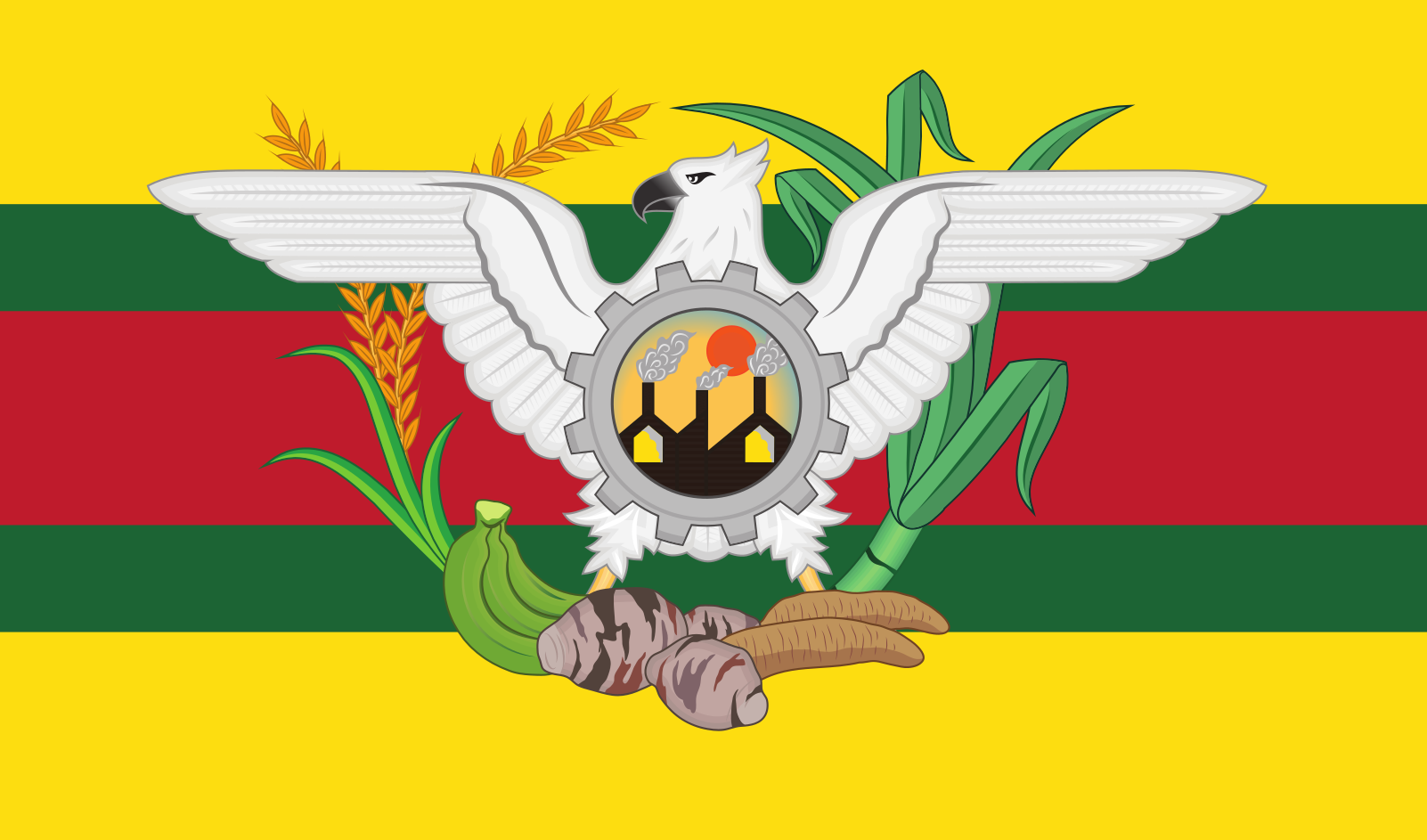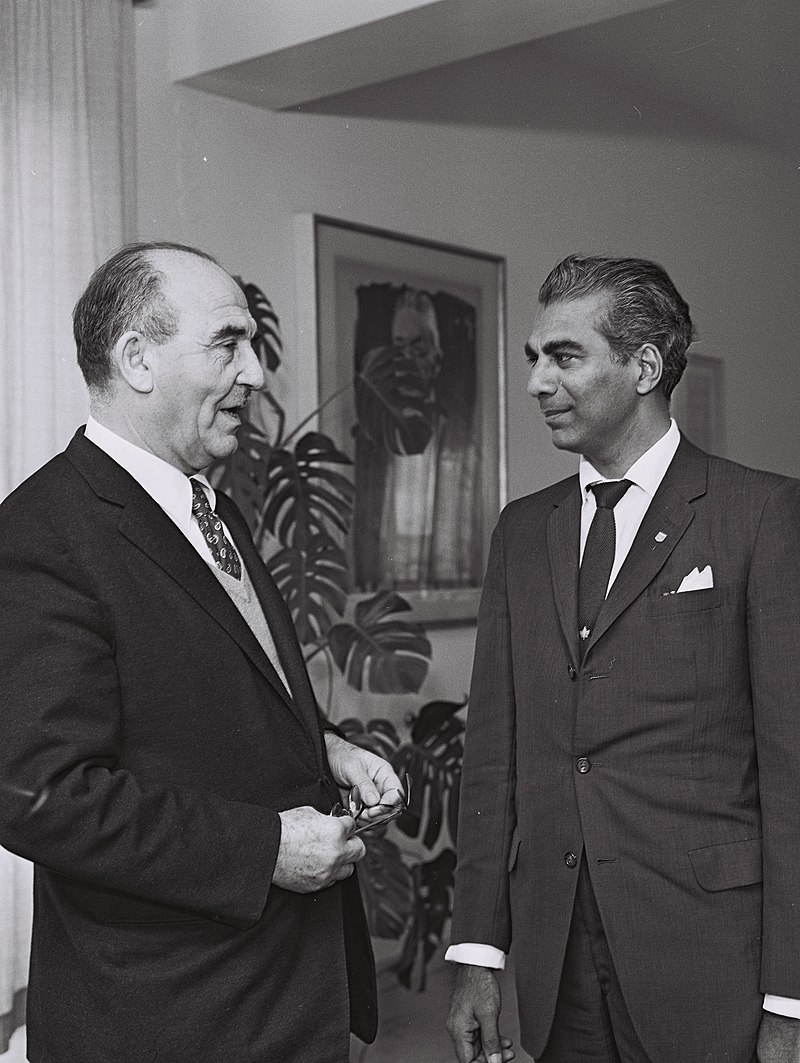
Churchill Haters’ Feast of Jagan (Or: The Cheddi Gorge)
Cheddi Jagan?! France’s foremost Churchill historian, Professor Antoine Capet of the University of Rouen, sends along a brand new Fake Churchill Calumny. (If the FCC didn’t have copyright, I’d register the initials.)
Here is one from those fair and balanced entities, “Crimes of Britain” and the “Malcolm X Movement.” In the background, snidely, they play “Land of Hope and Glory.” It takes only 57 seconds to recite seven* long-disproven, shopworn Churchill sins—plus one new one: “Churchill ousted democratically elected Cheddi Jagan in British Guiana, 1953.” Congratulations. That’s really original!
*See list below.
Who was Cheddi Jagan?

Cheddi Berret Jagan (1918-1997) was educated at Howard and Northwestern Universities in America. In 1953 he became the first person of Hindu descent to head a government outside of South Asia. By 1953, under its new constitution, he was elected British Guiana’s Chief Minister.
Jagan organized the People’s Progressive Party (PPP), then widely regarded as Marxist. Those were the days, remember, of “Red Scare” and Commies under the bed. In 1953, when disorder broke out after Jagan’s election, the British government feared a Marxist revolution.
Here is where the truth diverges from the Gospel according to “Crimes of Britain.” Winston Churchill did not “oust” Cheddi Jagan. His Colonial Secretary, Oliver Lyttleton, at request of Governor Alfred Savage. suspended the constitution and sent troops to Georgetown. Widely welcomed by Guyanans, they quickly restored order. Lyttleton also suspended the powers of, but did not arrest, Jagan and his ministers.
The buck stops with the Prime Minister, and Lyttleton did his duty: He referred his actions to the Cabinet. Churchill’s response is instructive of his lifetime concern with the rights of peoples of all colors and the rule of law.
“No arrests without charges”
In Cabinet on 6 October 1953, Churchill raised the matter and gave his opinions: (1) The government should announce “all necessary steps to restore law and order and prevent the establishment of a Communist regime in the Colony.” (2) Lyttleton must inform “Commonwealth and interested foreign governments.” (3) The British commander of the West Indies Station should not have fueled the uproar by sailing with the troops. The Cabinet endorsed Churchill’s views.
Next, two days later, Churchill said they could not suspend the British Guiana constitution without approval of Parliament. The Cabinet said Governor Savage could not arrest Jagan and his PPP colleagues:
The Prime Minister said he had no doubt that this was the right course. Removal of the Ministers’ portfolios and suspension of the constitution could be abundantly justified on the ground that Ministers had been given a fair trial [meaning “chance”] but had demonstrated their their management of the Colony’s affairs could only lead to its ruin. It would, however, be very much harder to justify arresting and detaining men who would of necessity remain Ministers for the time being if they were not to be charged with any specific offence. [Emphasis mine.]
The Cabinet further agreed that, with order restored, no more troops should be sent.
“Freedom, prosperity and happiness”
On October 10th, Churchill made his famous “comeback” speech to the Conservative Party Conference at Margate. Everyone wondered if he had recovered from his summer stroke. He had. British Guiana was his first subject:
I am sure you are all relieved by the news from British Guiana…. It is always a difficult problem to decide at what point Communist intrigues menace the normal freedom of a community, but it is better to be in good time than too late…. We shall certainly seek opportunities in both Houses to present to them the case as we see it and to invite their approval of what we have done. (All quotations from The Churchill Documents, Vol. 23, Hillsdale College Press, 2019.)
Not as good a socialist as they thought
Sir Anthony Seldon’s Churchill’s Indian Summer was the first study of Churchill’s 1951-55 administration. It was the most authoritative account until Barbara Leaming’s Churchill Defiant and Andrew Roberts’ Walking with Destiny. Of the agitated Labour opposition’s demand for a full debate on British Guiana, Seldon wrote (376-77):
Labour overreacted without being in full possession of the facts, but their fury gradually petered out as it became clear that the Government of Dr. Cheddi Jagan had been neither as good socialists nor as responsible as they were led to believe. Lyttelton published a justification of the Government’s action in a White Paper on 20th October. A commission was later appointed under Sir James Robertson, whose report, published in October 1954, fully justified Lyttelton’s action.
*Other Fake Churchill Calumnies
For the record, the other Churchill sins listed by “Crimes of Britain” are:
“Over 4 million people starved to death in Bengal on Churchill’s orders.” Wrong. See Arthur Herman, “Absent Churchill, the Bengal Famine would have been worse.”
“The Black & Tans were Churchill’s brainchild.” Wrong. See Paul Addison, Churchill on the Home Front: “Churchill seems to have played no part in the initial [1919] decision to recruit them.”
“Churchill bankrolled Ibn Saud & helped foist Wahhabism on the region.” Wrong. Ibn Saud bankrolled and foisted Wahhabism with his bountiful oil revenues.
“Churchill ordered the Brit Army to fire on anti-Nazi protestors in Greece 1944.” Wrong. Churchill brokered peace between anti-Nazi royalists and communists, while ordering the Army to defend itself. See Andrew Roberts on The Churchill Documents, Normandy and Beyond.
“In 1953, Churchill led the coup d’etat that overthrew democracy in Iran.” Wrong. Churchill approved, but was mainly a bystander. See Martin Gilbert, Winston S. Churchill, Volume 8.
“1.5 million went to camps/detention villages in Kenya on Churchill’s orders.” Wrong. Churchill spoke only twice in Cabinet of Kenya unrest: Once to express concern over loss of life. Once to warn against “mass executions.” See “Defcon 1: The Battle for Churchill’s Memory.”
“Ardent supporter of the Balfour Declaration, Churchill facilitated Zionism in Palestine.” Right. Stand up! Is this really still debatable?
“He planted the seed to strip voting rights from black people in South Africa.” Wrong. He waged an uphill battle with Boers and Britons for native rights in South Africa. See “The Art of the Possible: Churchill, South Africa and Apartheid,” Part 1 and Part 2.
Until next time: game, set and match
”For want of me the world’s course will not fail.
When all its work is done the lie shall rot.
The Truth is great and shall prevail,
When none cares whether it prevail or not.”
—Coventry Patmore (1823-1896)






